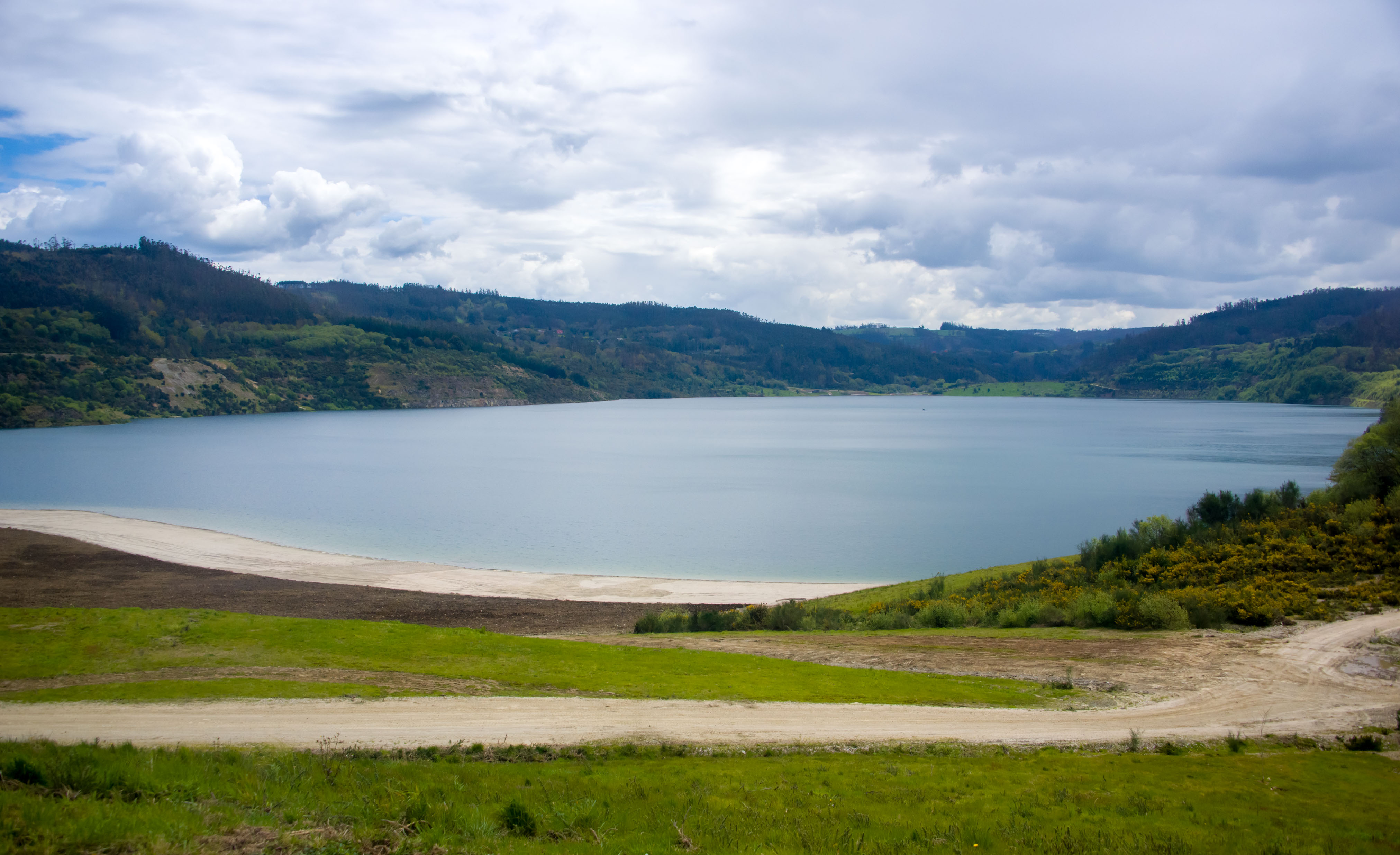International scientists back a climate change adaptation strategy beyond decarbonisation goals
Ten international scientists invited by the Naturgy Foundation to take part in its latest publication affirm that “the objectives of the Paris Agreement are still technically feasible, as well as being economically desirable”, but they point to the need to tackle climate change with a holistic approach. They consider that “it is not enough to set emission reduction targets” and that “A degree of climate change seems to be inevitable and it is necessary to develop adaptation strategies to cope with the foreseeable and unavoidable impact”.

The publication ‘Climate Change. Scientific Bases and Questions for Debate’ was created in partnership with the Polytechnic University of Madrid and seeks to raise awareness of the complexity of the climate change challenge. For this reason, the academics believe that “We need to come up with systemic solutions: to consider cities as a whole, entire industrial value chains, regional agricultural economies, and capital markets and financial systems all as complex climate problems”.
According to the experts, it is not enough to set emissions reduction goals and we must develop adaptation strategies. In any case, they agree that “These transformations must also have individual people and societies at the heart: they are the principal cause of climate change and the main solution”.
The authors say that humanity has made great technological progress in mitigating emissions in some sectors, such as power generation, to the point of installing electricity generation systems based 100% on renewable energy. “However, this is not enough because the transformation we require is much broader and includes changes in our behaviour and habits, as well as modifications of entire systems.”
If we are to avoid putting future generations in jeopardy, the experts argue that this transformation can only be done with “systemic innovation: not only technological but also social, political, economic, financial and institutional innovation”.
Minister Ribera calls for “transversal transformation”
The Minister for the Ecological Transition and the Demographic Challenge, Teresa Ribera, took part today in the presentation of the publication, and agreed with the experts on the need for “a transversal transformation that covers all bases, beginning with the energy sector, but not ending there; it has to involve the economy as a whole, industrial production, urban planning, taxation, our ability to build much more sustainable cities, a financial sector which has to think about risk and opportunity differently, and having ready-to-use instruments which facilitate individual decisions, alongside the regulatory signals offered by governments.”
Ribera also emphasised the external dimension of the challenge, given that “the impact of climate change beyond our borders will also eventually have consequences within them through our shared transmission vectors: industrial production in third countries, famine and natural disasters in third countries, or the need for revolutionary change in the industrial sphere, which will also affect our domestic production.”
The Minister called for consistency between short-, mid- and long-term planning. “There are solutions already available today, and others which are probably not, but starting to work on them will enable us to speed up decarbonisation and also, obviously, increase our ability to build resilience to the impacts of climate change”.
The Director of the Harvard University Center for the Environment, Daniel P. Schrag, who contributed the publication’s foreword, moderated the presentation webinar, with the participation of the authors.
The Chairman of the Naturgy Foundation, Rafael Villaseca, emphasised the importance of seeking a deeper understanding of climate change, its principles, the science underlying it, and the key questions on the subject from other perspectives, such as socioeconomic approaches or the political debate. “All of this will also help us find alternative methods to mitigate its effects and greater efficiency in applying solutions”, he said.
Compendium of scientific knowledge
The book ‘Climate Change, Scientific Bases and Questions for Debate’ approaches the main scientific questions about climate change through the thoughts of leading international scientists, who respond to recent lines of thought on various aspects of climate change based on the latest scientific findings.
The scientists discussing these questions were: Rafael Borge, Director of the Environmental Modelling Laboratory at the Polytechnic University of Madrid’s University School of Industrial Engineering; Kirsten Dunlop, CEO of Climate-KIC; Dieter Gerten, Professor for Global Change Climatology and Hydrology, Humboldt-Universität zu Berlin; Howard Herzog, Senior Research Engineer at the MIT Energy Initiative; Rubén Juanes, Professor at the Massachusetts Institute of Technology (MIT) and Director of the Henry L. Pierce Laboratory for Infrastructure, Science and Engineering; José Manuel Moreno, Professor of Ecology at the University of Castilla-La Mancha and former Vice-Chair of WG2-IPCC; and Asunción St-Claire, member of the EC Mission Board on Climate Change Adaptation.
The publication was coordinated by Professor Julio Lumbreras of the Polytechnic University of Madrid, with the additional participation of Professor Pedro Linares from the Industrial Organisation Department of the ICAI School of Engineering, and Iñigo Losada, head of research at IHCantabria.
The Naturgy Foundation
This new Book is part of the activities that the Naturgy Foundation carries out on issues related to energy and the environment, based on serious and rigorous debate, with the fundamental objective of promoting the rational use of energy resources and encouraging sustainable development. The Foundation, created by the energy company in 1992, also runs social action programmes, both nationally and internationally, with special emphasis on actions aimed at alleviating energy vulnerability.
Share